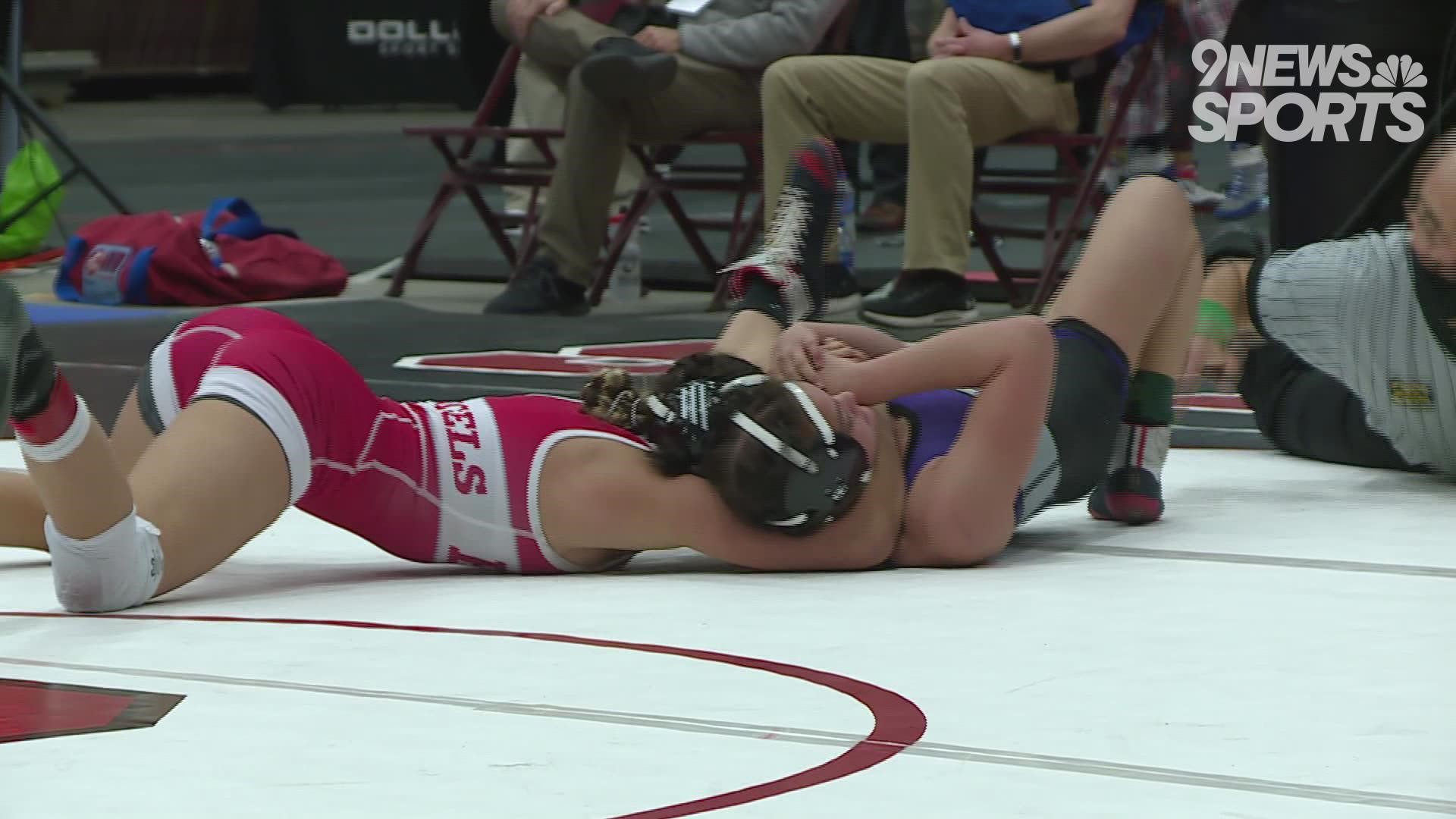AURORA, Colo. — CHSAA and member schools of the National Federation of State High School Associations (NFHS) are using this entire school year to celebrate one of the most impactful legislations in the history of education. Title IX of the Educational Amendments was signed into law by President Richard Nixon in June 1972, ensuring that no person could be discriminated against on the basis of sex.
“No person in the United States shall on the basis of sex, be excluded from participation in, be denied the benefits of, or be subjected to discrimination under any educational program or activity receiving Federal financial assistance.”
According to NFHS, there were fewer than 300,000 girls who participated in high school sports in 1971, or about one in every 27 girls who attended school. In two years, that figure jumped to 1,300,169, and by the 1977-78 school year, girls participation exceeded 2 million – a remarkable increase of almost 1.7 million in just six years.
CHSAA Commissioner Rhonda Blanford-Green said it's important to celebrate this momentous occasion for the entire year because it takes time to celebrate each trailblazer and milestone.
"I think because there are so many pioneers, there are so many stories to tell," she said. "I was just in the beginning of Title IX when I went to the University of Nebraska, and so I reaped the benefits of the women who came before me."
Current student-athletes have grown up with an abundance of resources and for the most part, equity in teams. Blanford-Green said we often take the past for granted.
"I think we do. I think anytime there's been social injustice or inequities, and someone before us sort of burned the bra or chipped away at the pieces and we are the recipients of it, as it trickles down, it becomes something that you take for granted," she said. "We say it all of the time, even in this profession, athletics and activities are a privilege, they're not a right. You can't be thankful for what you have unless you know where you've gone or where you were."
With so much progress, she said we can often get blinded by the process, and added it's important for those with power to educate the younger generation and inspire them to continue to fight for change.
"We can get too in front of ourselves where we don't look back. I feel like the accountability piece is with us who sit in our chairs. We have a responsibility to remind people of how we got to where we are, but then also celebrating where we are. We're not 100 percent yet," she said. "If you get calls or emails that are very specific to your race or your gender, then you know that we haven't achieved it personally."

